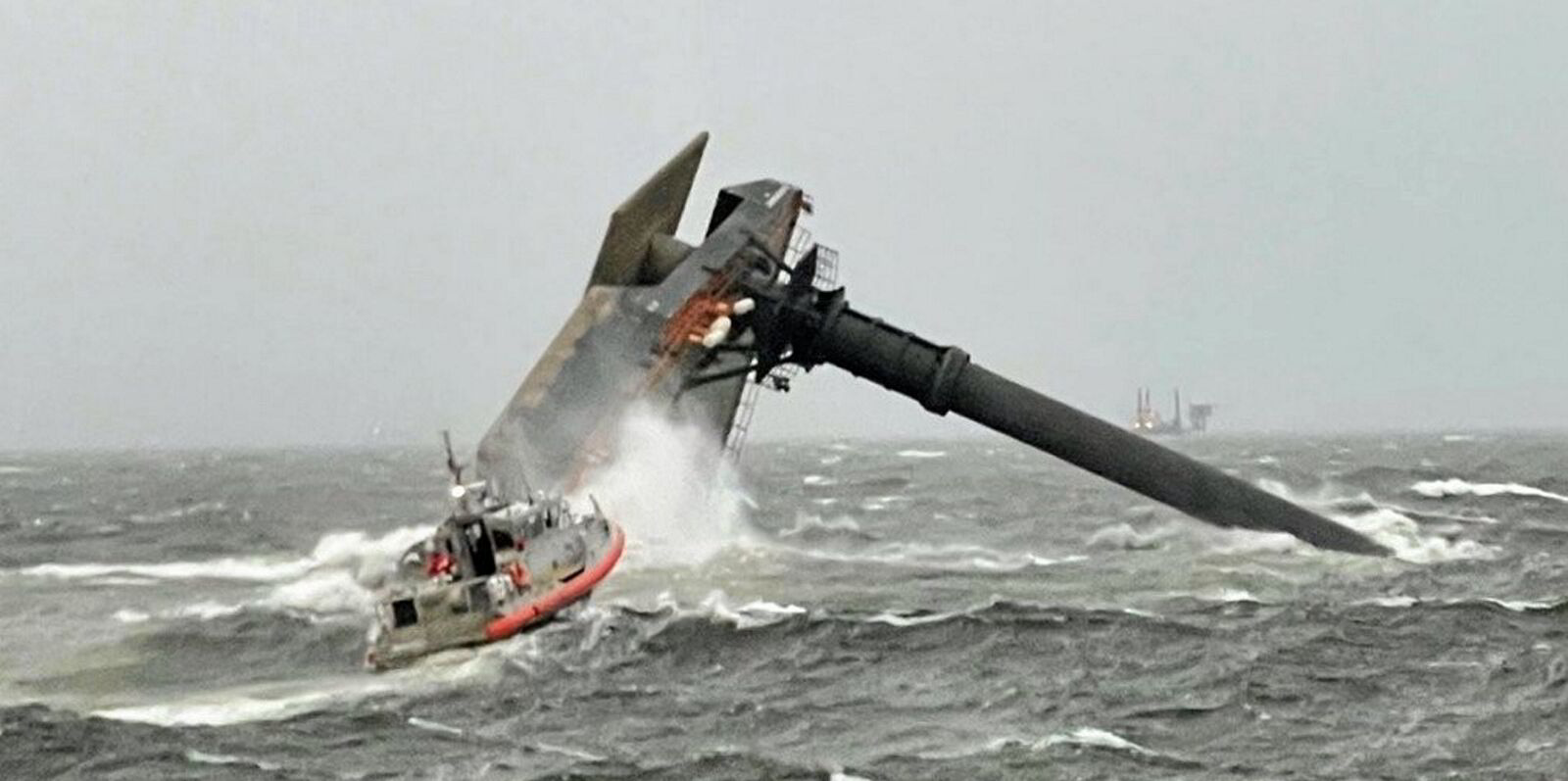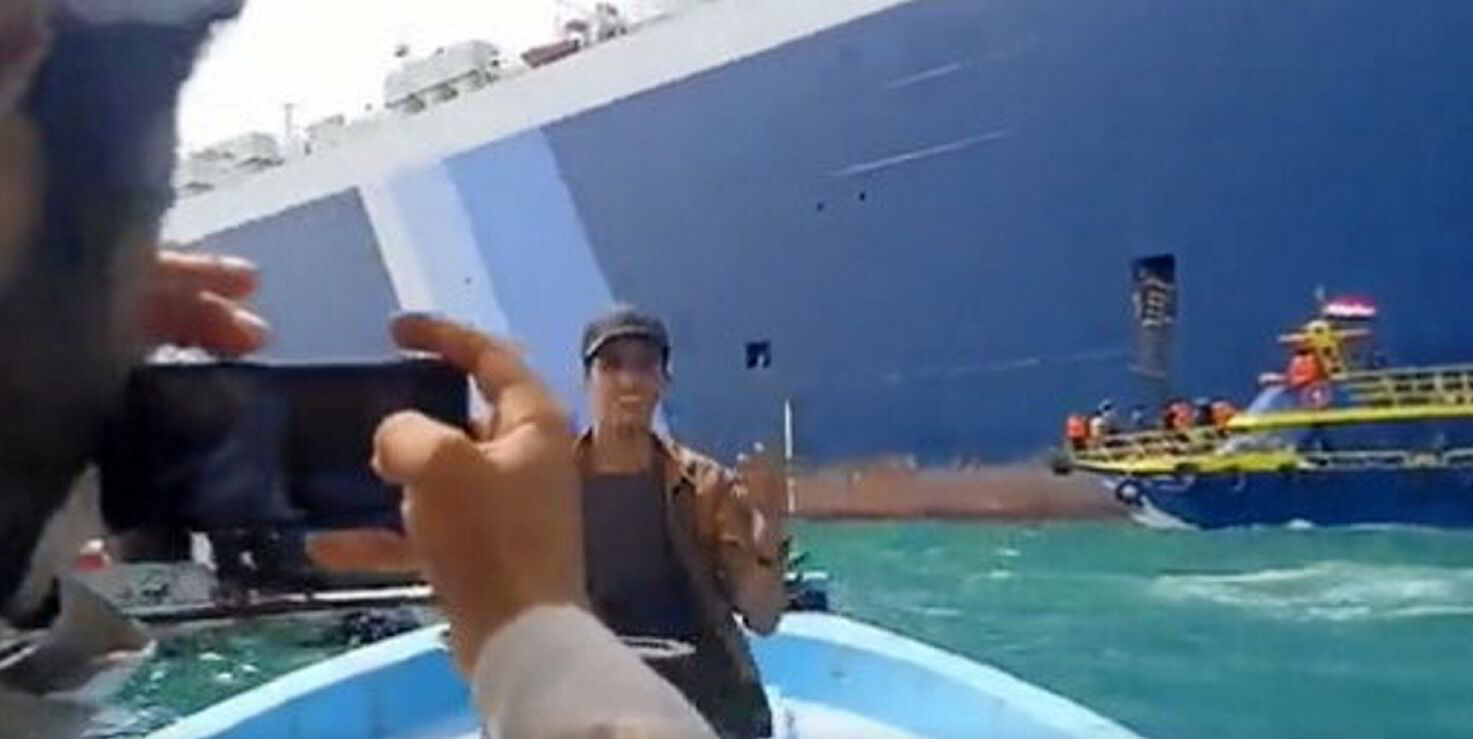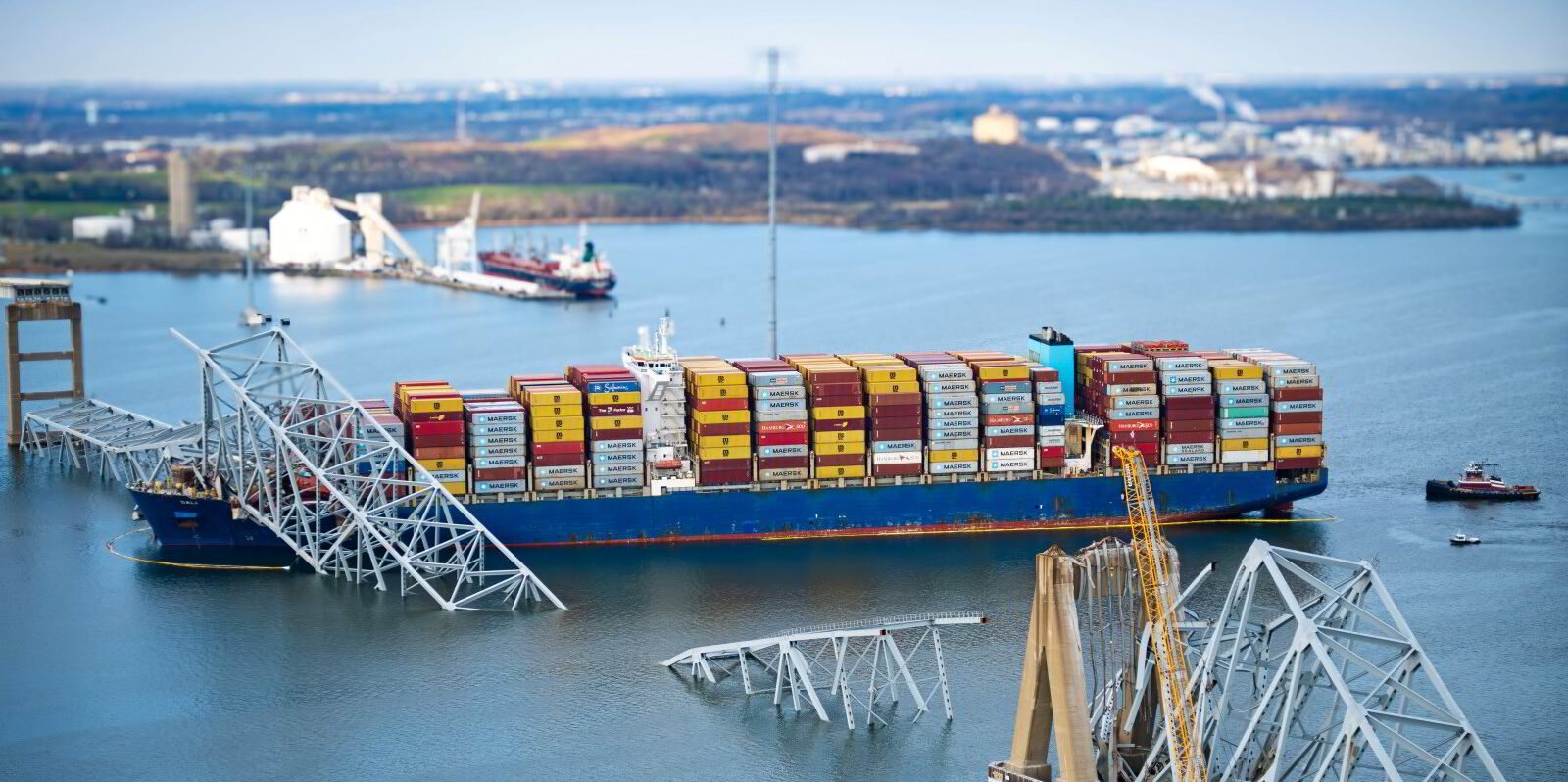American Bureau of Shipping is locked in a legal battle that could test the liability of classification societies when marine casualties turn deadly.
The Houston-based outfit and its affiliates are fighting a $500m wrongful death and personal injury lawsuit that was filed by the families of those who perished when a Seacor Marine liftboat collapsed off the Gulf of Mexico.
The case centres on the 2021 loss of the 2,300-gt Seacor Power (built 2002), which capsized in a severe thunderstorm off Port Fourchon, Louisiana.
At stake is the extent to which seafarers can go after a classification society in court for their approval of a vessel separately from litigation against the owner and operator, which US law provides with liability limits.
Lawyers for the families of six of the 13 people who died launched the litigation in Houston’s Harris County Court in April. Three survivors are also pursuing claims, while ABS is fighting back and defending its position.
Lawyers Marcus Spagnoletti and Eric Rhine of Houston’s Spagnoletti Law Firm argue in court papers that ABS, as the vessel’s classification society, established and maintained standards for the Seacor Power.
And they claim that ABS did more than class the US-flagged liftboat as it was involved with the vessel in many capacities during construction and through nearly 20 years of operation.
The civil complaint accused ABS of negligently approving the vessel — to an extent that rises to the level of gross negligence — and misrepresenting its seaworthiness.
‘Rubber-stamped’ vessel?
“ABS failed to perform adequate inspections, audits, reviews and classification of the Seacor Power and rubber-stamped the vessel, its components, its safety policies and its safety management system when it was not safe to operate,” Spagnoletti and Rhine wrote.
“ABS was involved in the vessel from its birth until its untimely death as it sank into the waters off the coast of Louisiana. ABS had dozens of opportunities to prevent this tragic incident. The crew and their families paid the ultimate price for failure.”
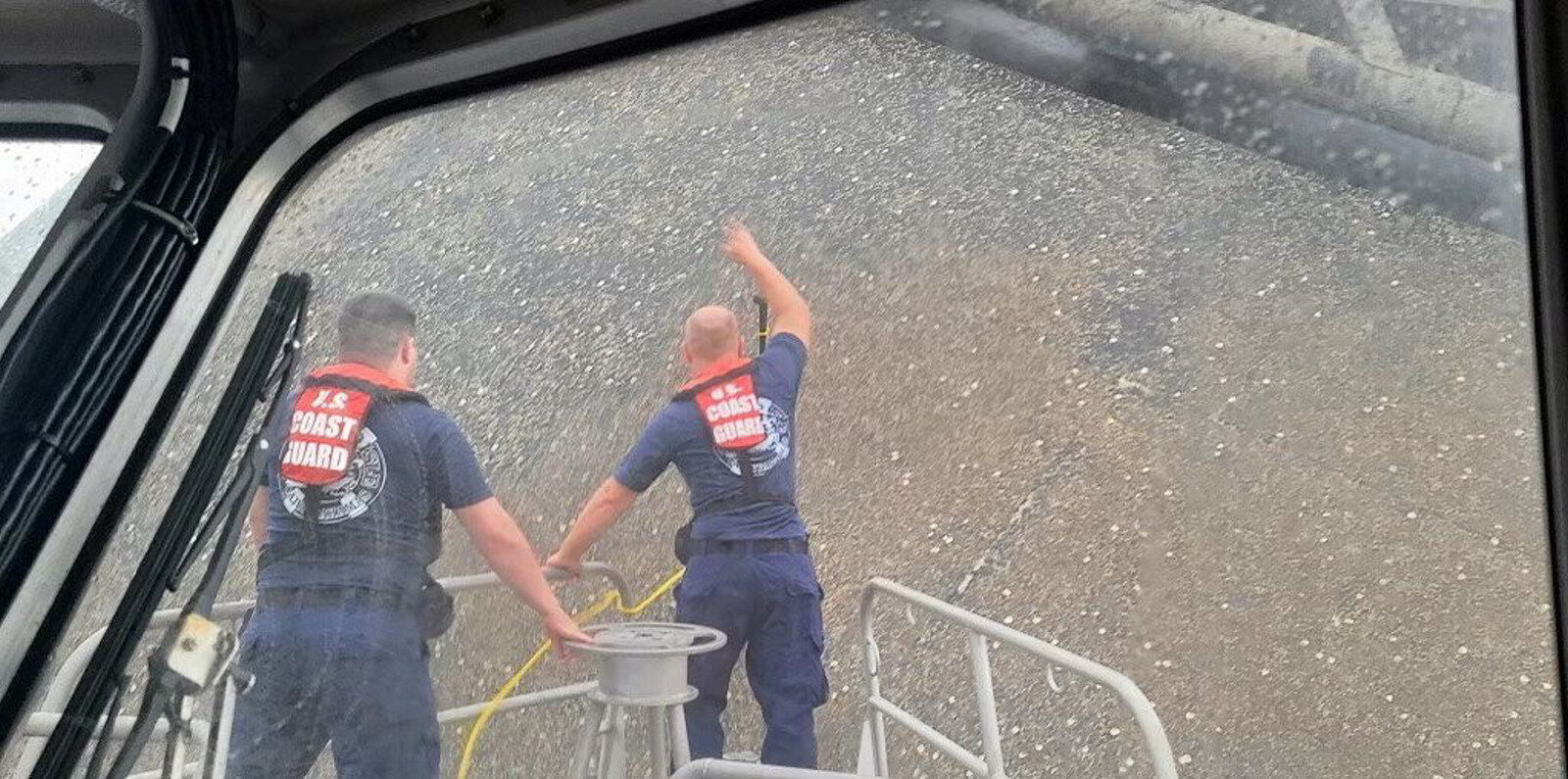
In papers filed by Hill Rivkins lawyers John Sullivan and Hannah Taylor, ABS denied the claim it rubber-stamped the vessel and any negligence or misrepresentation.
“The allegations in the complaint lack any merit,” an ABS spokesman told TradeWinds this week.
“The National Transportation Safety Board and the US Coast Guard conducted thorough investigations into this tragic casualty, and no criticism or findings against ABS were made.”
He said the classification society fired back that the lawsuit was filed to avoid the end of a statute of limitations after settling with Seacor Marine.
“ABS continues to keep the injured and deceased crew members and their families in its thoughts and prayers and has no further comment on this matter,” the ABS representative said.
The Seacor Power lawsuit is not the first time that ABS has faced a lawsuit asserting liability in a shipping casualty.
Perhaps most famously, the Second Circuit Court of Appeals in New York ruled 12 years ago that the Kingdom of Spain could not pursue its $1bn claim against the classification society over the high-profile Prestige oil spill in 2002.
Recklessness standard
That decision hinged on the finding that there was insufficient evidence that ABS acted recklessly in that case.
But Spagnoletti pointed out a key holding by that court.
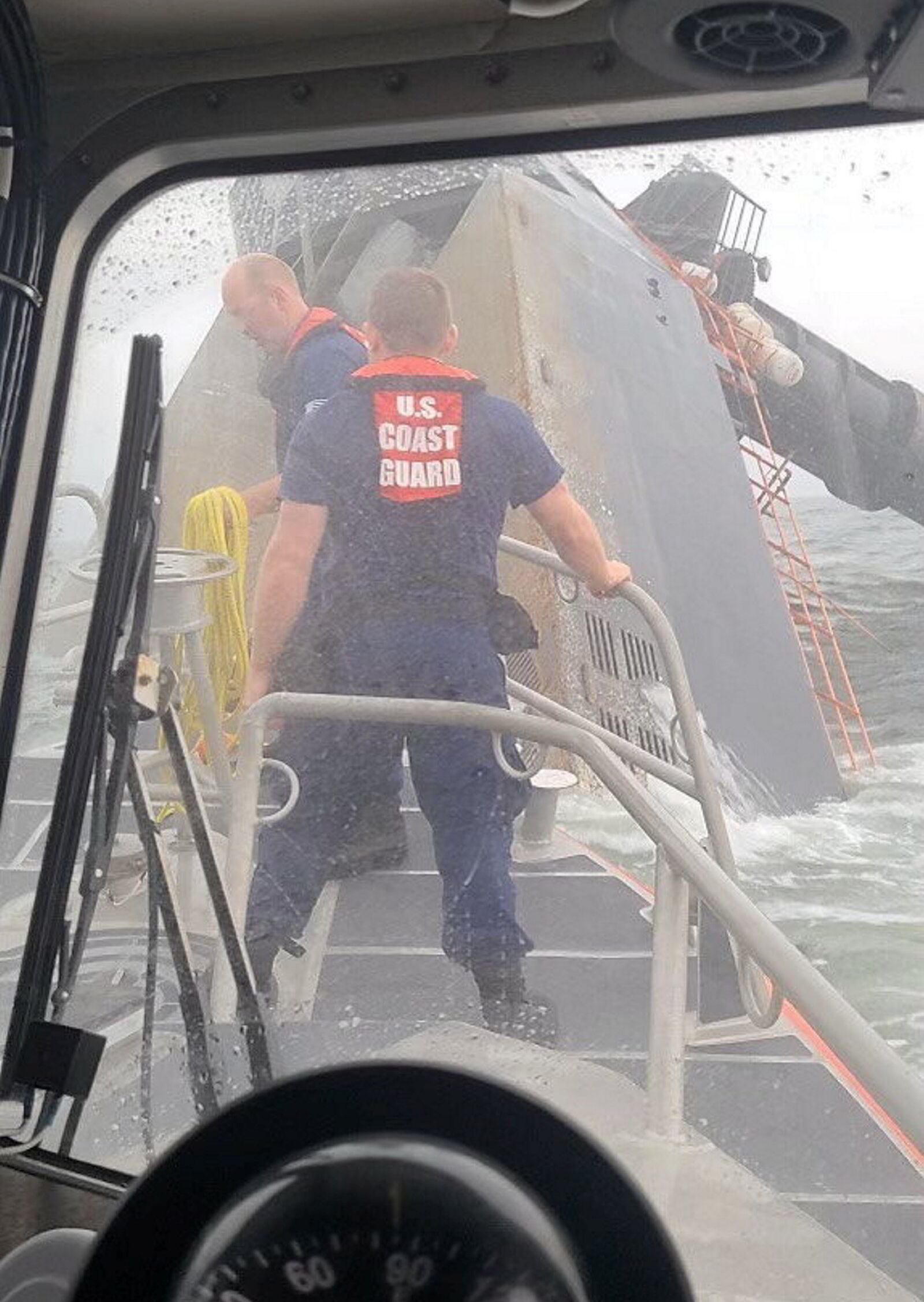
“This is what the court said: a classification society owes a duty to refrain from reckless behaviour to all coastal states that could foreseeably be harmed by failures of classified ships,” he told TradeWinds.
But lesser-known court fights have been waged in Harris County’s court, including three that ended in settlement agreements.
Spagnoletti sued ABS Consulting in 2019 on behalf of a worker on a riverboat casino in Louisiana, before reaching a settlement two years later.
Workers on the jack-up rig Troll Solution, which suffered an accident in 2015, also sued ABS in Harris County.
Represented by Spagnoletti’s father, Francis, they reached a settlement with the classification society in 2022.
A settlement of another case — this involving another law firm — was reached in 2022 over a seafarer’s death on an articulated tug barge.
The Seacor Power case has already been to three different courts as the sides battle over where it should take place.
In May, ABS’ lawyers moved the case from the Harris County court to Houston’s federal court — the US District Court for the Southern District of Texas.
Delegated authority
The classification society contended that it was acting under the federal authority that was delegated to it by the US Coast Guard.
But US District Judge David Hittner disagreed, sending the case back to Harris County’s court and then rejecting an ABS request to reconsider that decision.
ABS has now challenged that ruling before the Fifth Circuit Court of Appeals in New Orleans, and Spagnoletti is gearing up to resist that to have the case decided by a Houston jury rather than a federal judge.
ABS’ lawyers have yet to file a brief outlining the reasons for their appeal. In August, they told US District Judge David Hittner that the Fifth Circuit recently ruled that when a contractor is acting under a federal officer’s direction when it helps the government perform a job that it is responsible for and that involves detailed regulation, monitoring and supervision.
“This holding clearly would apply to a classification society that has been designated by Congress to stand in the shoes of the US Coast Guard to perform regulatory vessel inspections,” Sullivan and Taylor wrote.
They said Hittner appeared to have overlooked numerous allegations in the lawsuit that showed that ABS was acting under delegated authority from the US government.
They suggested that in that role of delegated authority, ABS can assert in federal court that it is protected by immunity from lawsuits that is afforded to federal officers.
“These inspections also implicate the defence of federal discretionary immunity, so that the defendants clearly have established all the requirements for federal officer immunity,” Sullivan and Taylor wrote.
